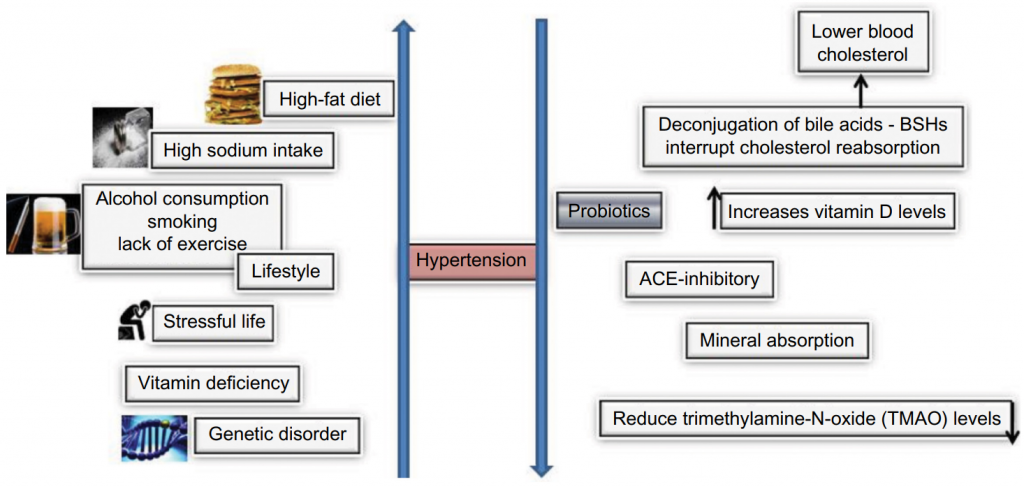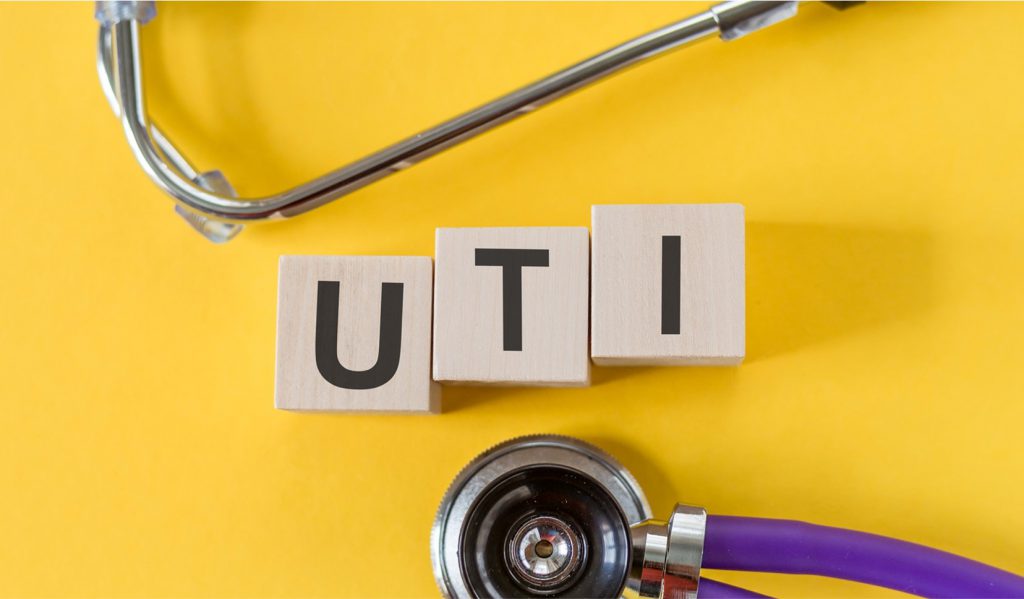Connie: Dear friends, thank you so much for joining us tonight for our new episode discovering the beneficial effects of probiotics. Today, we are glad to have our old friend Dr. Leonard Hofstadter, who has been an editor of scientific journals for a long time. Dr. Hofstadter has been our guest and introduced us to probiotics in the previous episodes. Thank you for being here, Dr. Hofstadter.
Dr. Hofstadter: Thanks for inviting me, Connie. Good evening, everyone. It is quite nice to see you again. I’m very excited to be here.
Connie: In the previous program, we talked about the various mechanisms of probiotics that are fundamental to human and animal health. Probiotics provide consumers with a variety of important nutritional and therapeutic health benefits, such as anticancer and antimutagenic activities. These products provide health benefits to consumers through various mechanisms, including their mechanism against pathogens, improving immune function, removing heavy metals, metabolic drugs, and exogenous substances, and affecting bile acid metabolism. When studying the effects of probiotics on human health, our understanding of these mechanisms is of utmost importance. To begin today’s program, can you give an overview of probiotics’ benefits on human health?
Dr. Hofstadter: My pleasure. Probiotics have a variety of beneficial health effects on humans and animals. Probiotics may treat some diseases, such as gastroenteritis, cancer, diarrhea, lactose indigestion, irritable bowel syndrome, allergy, cholesteremia, and Helicobacter pylori infection. In addition to these effects, probiotics stimulate the immune system through various mechanisms, so as to improve the overall health of consumers.
Connie: Great. And we will discuss the positive effects of probiotics on some disease treatments or physiological conditions in the coming programs. So getting into the specifics of these diseases, what would you like to discuss first?
Dr. Hofstadter: Let’s start with high blood pressure. Many studies have shown that probiotics and their products play an important role in raising human cholesterol levels and helping to balance blood pressure. Probiotics reduce blood pressure through different mechanisms, such as insulin resistance, reducing blood glucose levels, and further reducing blood or serum cholesterol by regulating the renin-angiotensin system.
Connie: Fascinating. Is there any clinical evidence that shows probiotics’ effect on lowering blood pressure in the case of hypertension?
Dr. Hofstadter: Of course, various clinical studies, and also some preliminary studies on animals have shown that probiotics and their products are involved in controlling blood pressure. In a clinical trial in patients with hypertension, both systolic and diastolic blood pressure decreased significantly when patients were supplemented with fermented products containing Lactobacillus Helveticus starter and Saccharomyces Cerevisiae starter. One study using two tripeptides isolated from milk medium with Saccharomyces cerevisiae and Lactobacillus Helveticus starter showed that they function as angiotensin-converting enzyme inhibitors and help reduce blood pressure.
Connie: Besides Saccharomyces cerevisiae and Lactobacillus Helveticus, Is there other probiotics involved in lowering blood pressure?
Dr. Hofstadter: Yea, there are many others that are used in antihypertensive therapy, such as Lactobacillus acidophilus, Lactobacillus bulgaricus, Lactobacillus casei, Lactobacillus delbrueckii, Lactobacillus hershei, Lactobacillus Klebsiella, rhamnose, Bifidobacterium longum, Bifidobacterium brevis, and Streptococcus thermophilus are used in antihypertensive therapy.
Connie: Only probiotics of starter class are used to reduce blood pressure?
Dr. Hofstadter: Not really. You know, taking probiotic powder extract can also reduce heart rate and blood pressure. This was tested in patients with hypertension. The effect of probiotics on heart disease by reducing blood pressure and blood lipid levels can be evaluated by long-term and well controlled human studies. More importantly, because the risk of heart disease is widespread, regular consumption of probiotics can prevent heart disease.
Connie: As far as I know, probiotics are inextricably linked to urogenital tract infection. What is their role in such diseases?
Dr. Hofstadter: So bacterial vaginosis is a common urogenital tract infection. It is an abnormal vaginal condition caused by vaginal secretions, which are caused by the overgrowth of atypical bacteria in the vagina. The occurrence of urogenital infection is due to the change of vaginal environment, where the concentration of Lactobacillus is low or absent.
Connie: What are the main pathogens causing female urogenital tract infection?
Dr. Hofstadter: So first, we need to know that common female genitourinary tract infections include vaginal infections and urinary tract infections. Vaginal infection is mainly caused by Trichomonas, Candida, Mycoplasma hominis, and Gardnerella vaginalis. Vaginal infections can cause many problems, including low birth weight newborns, immature childbirth, abdominal infections that can lead to infertility, and sexually transmitted diseases. The pathogens causing urinary tract infections include Escherichia coli, chlamydia, Candida, proteus, Staphylococcus, and Klebsiella.
Connie: So, what can be used to protect urogenital cells?
Dr. Hofstadter: Lactobacillus is the main microbial factor to protect urogenital cells. Lactobacillus is the main bacteria related to vaginal health. They can reduce the growth of bacterial pathogens, and regulate the occurrence, expansion, establishment, and persistence of non-endogenous microorganisms in the vagina. There are also some types of probiotics used to eliminate recurrent bacterial vaginosis. The intake of probiotics such as lactic acid bacteria can prevent vaginal infection through the reproduction of lactic acid bacteria in the vagina.
Connie: Can taking products containing these microorganisms effectively help treat urinary tract infections?
Dr. Hofstadter: Certainly. The idea of using probiotics is based on the fact that the pathogens that cause most urinary tract infections develop from the rectum to the vagina and mesentery. Probiotics help reduce urogenital infections by stimulating the immune response. In addition, probiotics can produce some organic acids, reduce the pH value of the vagina, and compete to repel the production of some antibacterial substances.
Connie: That’s amazing. Any current probiotic treatment for urinary tract infections?
Dr. Hofstadter: Not really. Although the application of lactic acid bacteria in urinary tract infection has been studied, so far, oral administration has not been used. There are studies on the route of injection. Weekly vaginal injection of dry lactic acid bacteria into premenopausal women observed that urinary tract infection decreased to 5 percent within one year. The results showed that Lactobacillus vaginalis could reduce the possibility of urinary tract infection in a placebo-controlled trial involving 38 women.
Connie: In general, lactic acid bacteria play an important role in the prevention of female urogenital infection by inhibiting pathogens. It sounds promising, But you know Lactose intolerance is an issue that many people encounter. With this issue in mind, Can taking probiotics still be beneficial?
Dr. Hofstadter: As we all know, the main carbohydrate in milk is lactose. In order to absorb lactose in milk, the small intestine should have sufficient lactase activity. However, this enzyme exists in children and decreases in adults in most people. Lactic acid in yogurt can reduce lactose intolerance in patients with lactase deficiency. Several studies have shown that milk cultured with Lactobacillus acidophilus can improve human lactose absorption in the absence of lactase activity. In addition, the mixed-use of Lactobacillus casei and Bifidobacterium has a satisfactory effect on patients with lactose intolerance.
Connie: Can you tell us the mechanism of probiotics that can solve the problem of lactose intolerance?
Dr. Hofstadter: The presence of lactic acid bacteria in fermented milk can increase lactase or β- Galactosidase activity. Lactobacillus bulgaricus and Streptococcus thermophilus effectively promote the decomposition of lactose in patients with lactose dyspepsia through β-galactosidase in Lactobacillus.
Connie: In addition to these more serious diseases, I know that probiotics can also help with smaller problems, like oral health. How does that work?
Dr. Hofstadter: You are right. You know, different microorganisms, such as protozoa, fungi, viruses, Toxoplasma gondii, and bacteria, exist in the human oral cavity and are the source of various diseases. This bacterium usually causes two diseases: tooth decay and gum disease. Probiotics do have a positive impact on oral health. For example, lactic acid bacteria and bifidobacteria are widely used in oral health. A study showed that the use of salivary Streptococcus K12 can reduce the formation of dental plaque and thus reduce the aggregation of Streptococcus mutants. The inhibition of periodontal pathogens can also be observed by taking probiotics. In addition, the consumption of probiotics can reduce the synthesis of halitosis and volatile sulfide.
Connie: In addition to tooth decay or caries, has the relationship between other oral diseases and probiotics been studied?
Dr. Hofstadter: Compared with dental caries, there are fewer cases of gum disease. But what we know for sure is that the consumption of probiotics is useful in controlling oral diseases. In general, the colonization and action mechanism of probiotics in the oral cavity needs to be further studied in order for us to better understand the role of probiotics in improving oral health.
Connie: So much for our discussion today. Thanks, Dr. Hofstadter for your insightful introduction. And thanks everyone for listening tonight. Next Saturday at the same time, we will be discussing the relationship between probiotics and the immune system. See you then.
Dr. Hofstadter: Thanks, everyone. We will see you next Saturday.
